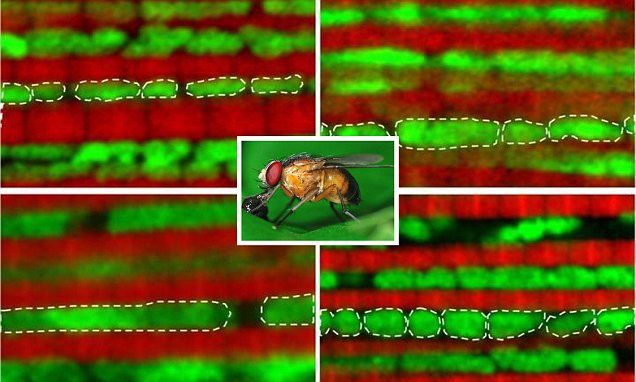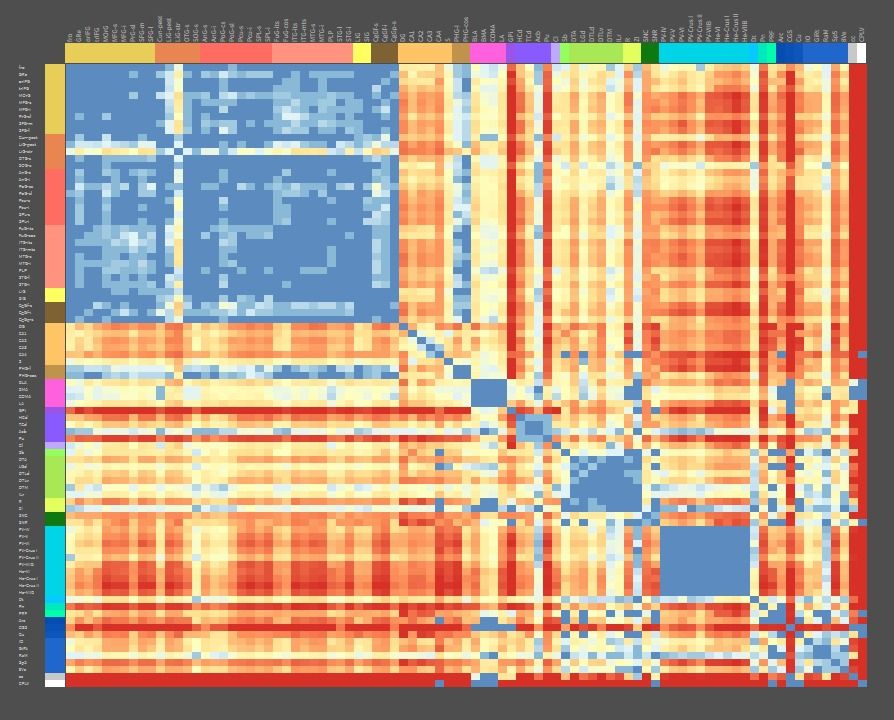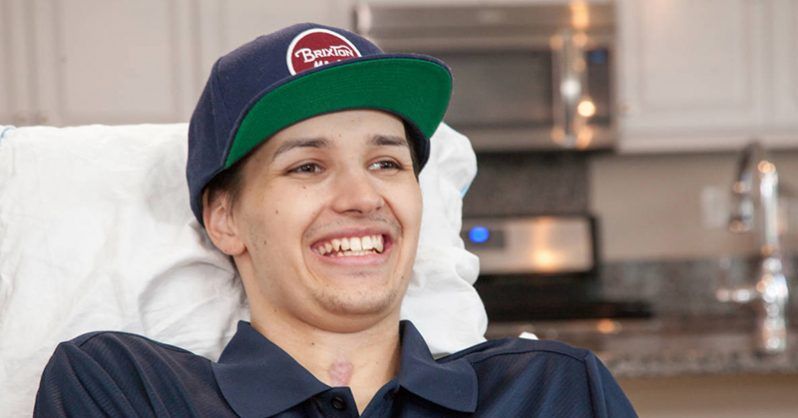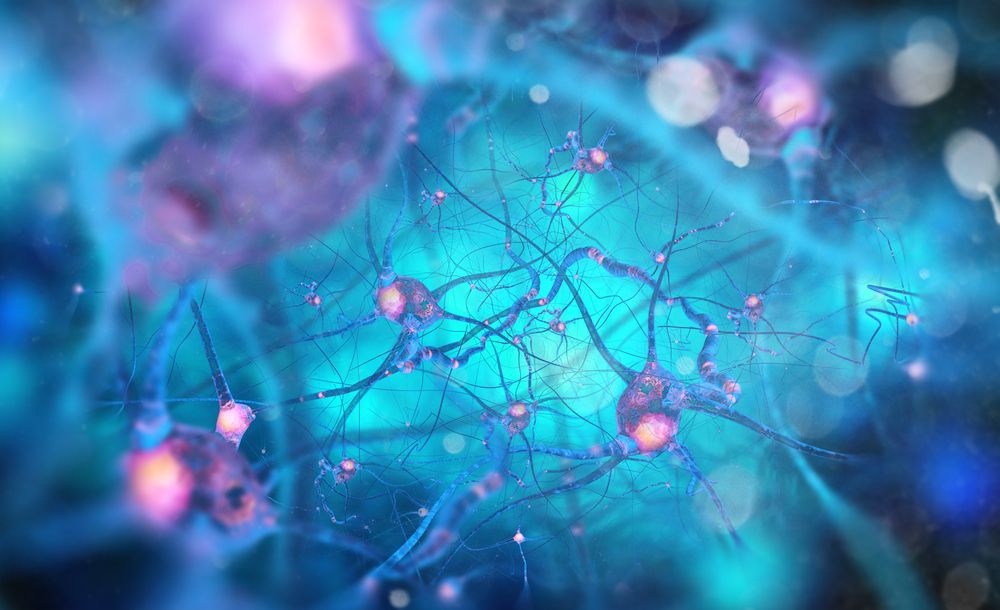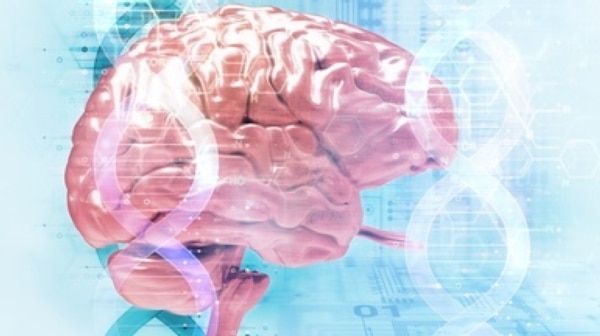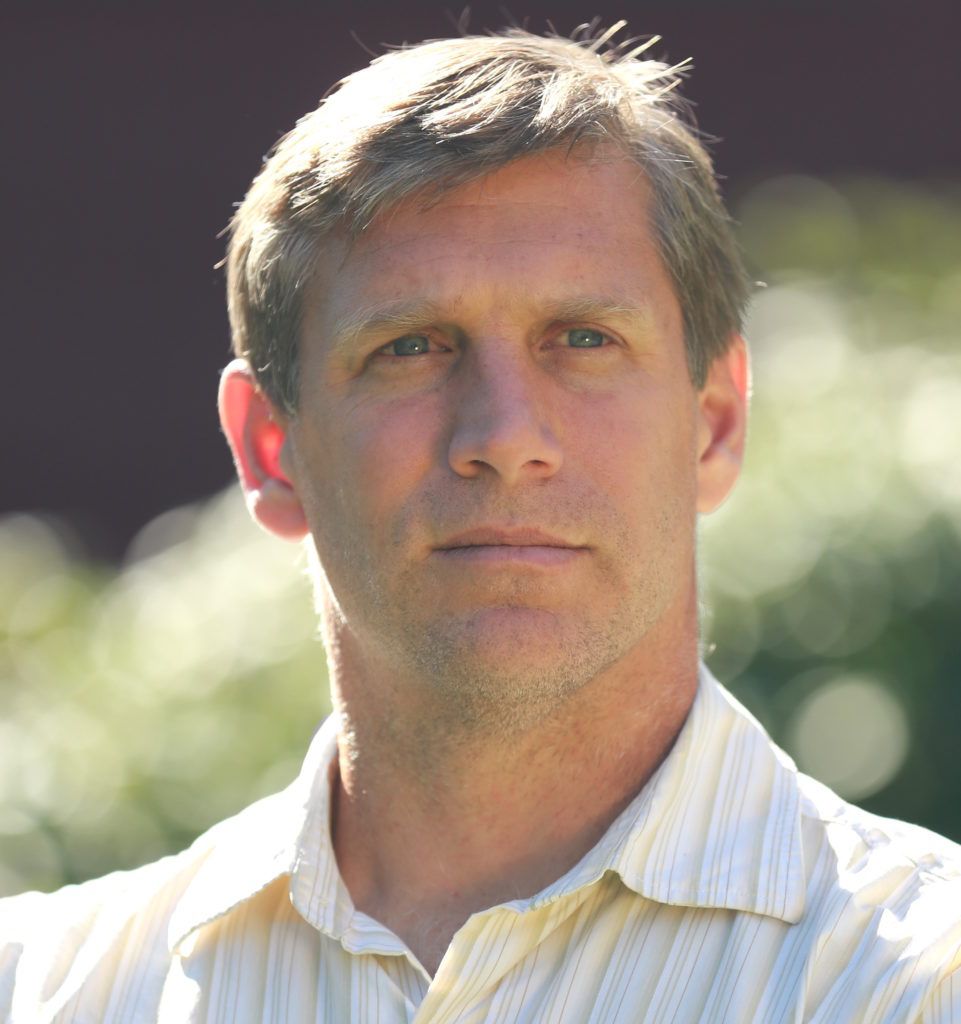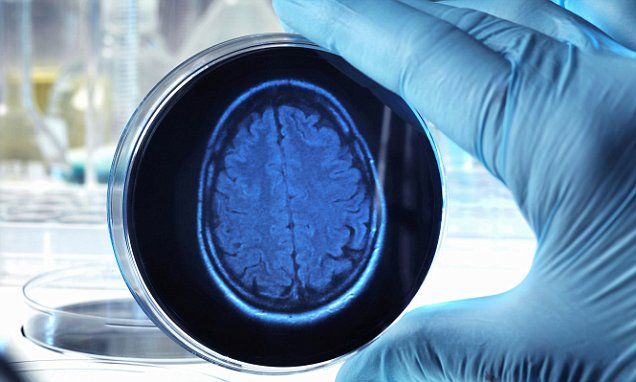Sep 7, 2017
Anxiety Disorders and Panic Attacks
Posted by Müslüm Yildiz in categories: health, neuroscience
Alison Sommer graduated from Carleton with a degree in Asian Studies, and now works as an academic technologist at Macalester College. She believes that awareness is the first step to improving problems within mental health care, and will be speaking about anxiety disorders and panic attacks based on her own constantly evolving understanding of her anxiety disorder, OCD. Alison’s greatest loves are her family, hockey and Star Wars.
My first goal here today is not to have a panic attack right on stage. I have an anxiety disorder called Obsessive Compulsive Disorder or OCD. Obsessive Compulsive…I have a form of Obsessive Compulsive Disorder that causes me to become anxious or frightened when something wrong or unexpected happens. Like if somebody sits at my seat at the table.

